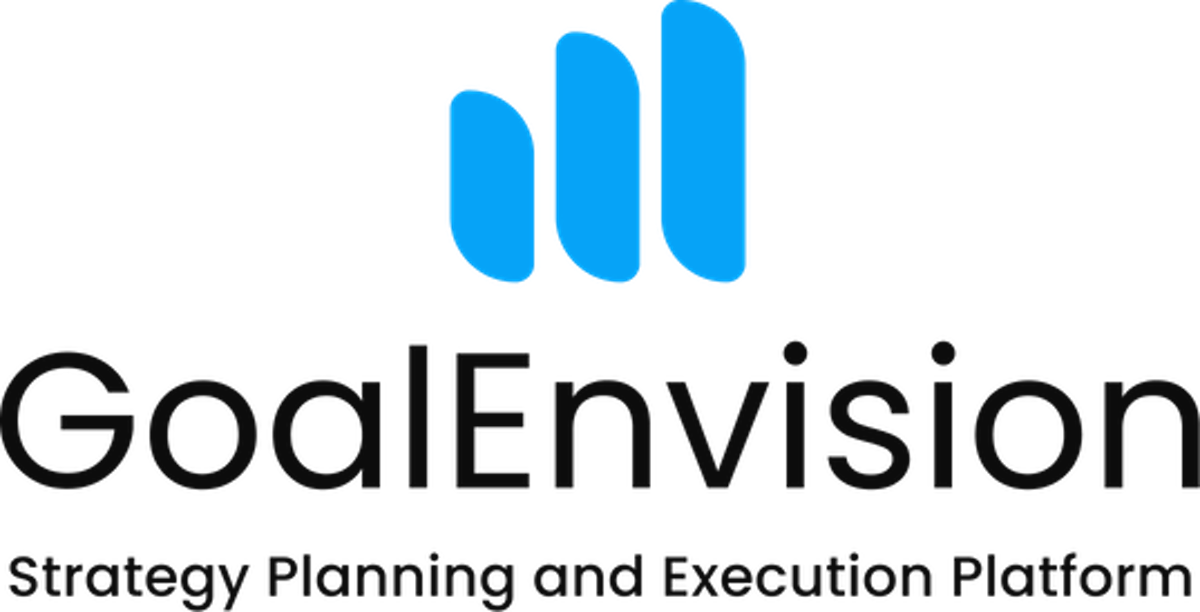Agile leadership means leading with flexibility, adaptability and an open mind. This leadership style prioritises team autonomy, customer-centric innovation and continuous learning to navigate a fast-moving and changing business environment.
Agile Leadership: A dynamic approach to leadership
Agile leadership represents an adaptive and flexible leadership style that is essential in fast-changing business environments. Instead of focusing on hierarchy and control, agile leadership emphasises team autonomy, participation and rapid adaptation to change. It is based on the principle that leadership is not just about managing but also about listening, learning and adapting.
Agile leadership means encouraging innovation, experimentation and seeing failures as valuable learning opportunities. It also means prioritising customer needs and being able to quickly reassess and change direction based on feedback and new insights. Agile leadership is about creating a culture where continuous development and improvement is a natural part of the work.
Read more about what agile is and agile ways of working...
How to lead agile
An agile leader acts more like a coach than a traditional manager. They foster an environment where team members feel valued and empowered to take initiative. This means delegating responsibility and giving teams the space and resources they need to be creative and solution-orientated.
Agile leaders are also adept at managing change and uncertainty, and can effectively navigate complex situations by being responsive and open to new ideas. Importantly, they encourage open communication and feedback, both internally within the team and externally with customers and other stakeholders. By creating a culture of transparency and trust, they help the team to grow and adapt to new challenges.
Concrete advice for agile leadership
- Promote open communication: encourage transparent and honest dialogue within the team. Listen actively and value all opinions.
- Delegate responsibility: give team members their own responsibility and autonomy. This increases engagement and innovation.
- Be adaptable: be prepared to quickly change plans and strategies based on new insights and changes in the environment.
- Encourage experimentation and innovation: create a culture where experimentation and creative problem solving are encouraged.
- See failures as learning opportunities: encourage a mindset where failures are seen as valuable experiences for learning and growth.
- Prioritise customer focus: ensure that customer needs and feedback are always at the centre of the team's work.
- Support continuous development: encourage and invest in the continuous professional and personal development of the team.
- Maintain flexibility in goals and planning: set goals that are flexible and adaptable as new information and circumstances arise.
- Advocate collaboration and teamwork: promote a culture where co-operation and collective problem solving are the norm.
- Be a role model: live the agile values and principles through your own behaviour and leadership.
Regular feedback: conduct regular retrospective and feedback sessions to continuously improve work processes. - Balance between leadership and facilitation: be both a leader and a facilitator who supports the team in its work without taking over.

GoalEnvision to support agile Leaders
GoalEnvision is a powerful tool for an agile leader. With its focus on clear goal setting and traceability, it strengthens agile leadership's ability to set and track flexible but concrete goals. The tool helps leaders keep the team focused on what's most important, while providing the space to quickly adjust strategies based on real-time data and feedback.
By using GoalEnvision, agile leaders can more easily identify and manage bottlenecks, and ensure that all efforts are aligned with the organisation's overall vision and strategy. This also makes it easier for leaders to effectively communicate progress and changes to both team members and stakeholders, which is critical to maintaining transparency and trust within an agile organisation.
Share this article
Did you like this article? Here is more...
Latest



